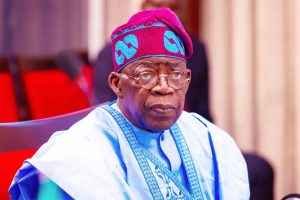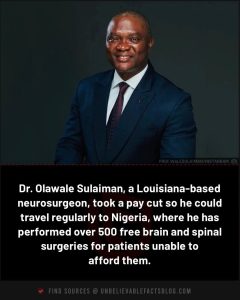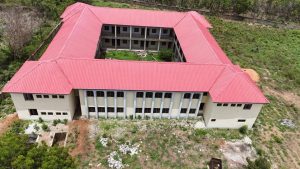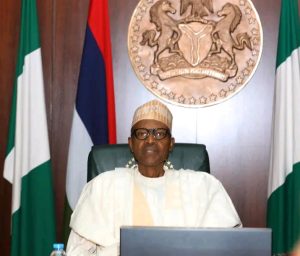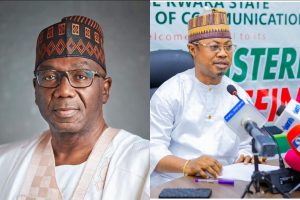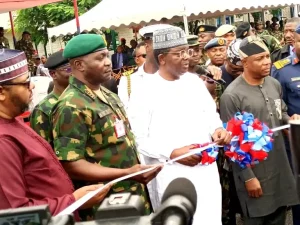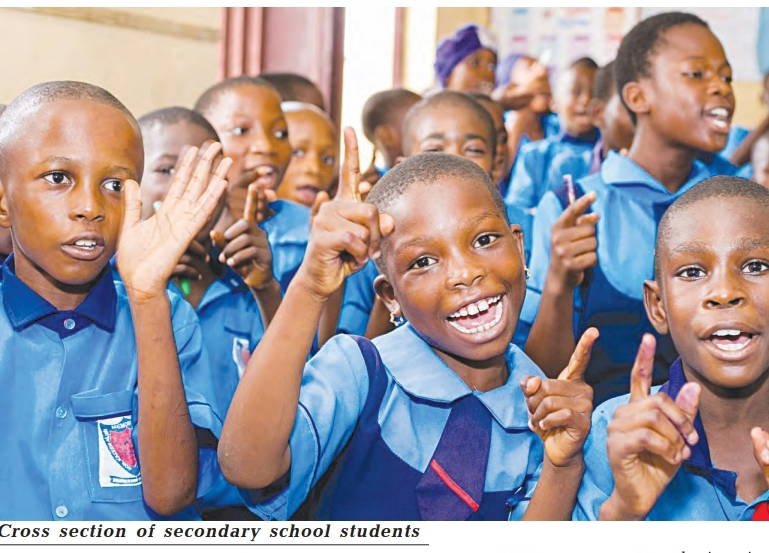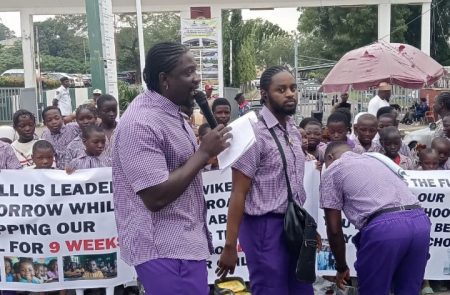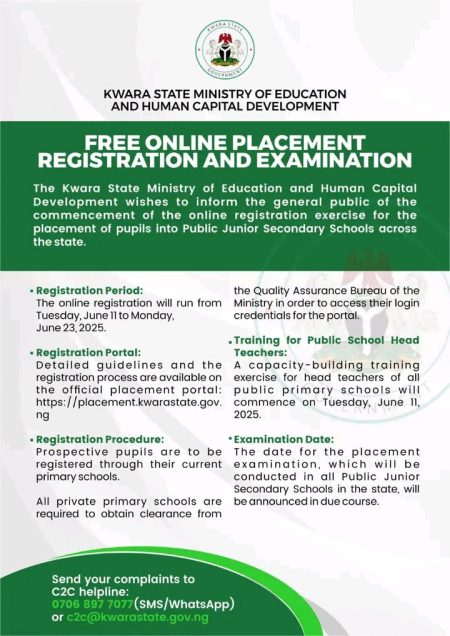As schools resume nationwide, many families are grappling with the harsh realities of Nigeria’s economic crisis. The recent fuel price hike has exacerbated the situation, leaving numerous households struggling to make ends meet.
For Bisi, a single mother of three, the new school year brings unwelcome surprises. She was shocked to discover that her children’s private school fees had increased from N98,000 to N150,600. Unable to bear the burden, she has made the difficult decision to transfer her children to a public school.
“This economic crisis is suffocating,” Bisi lamented. “As a trader, my business is stagnant, and I’m struggling to pay rent. I don’t want to die young from stress.”
Experts and citizens alike are decrying the government’s handling of the crisis. Bella Akhagha, CEO of Maternal and Child Health Foundation, warned that many families will be forced to withdraw their children from private schools, opting for public institutions instead.
“The situation is dire,” Akhagha said. “Fuel prices have skyrocketed, transportation costs are crippling, and food prices are soaring. This is not just an economic issue; it’s a humanitarian crisis.”
Chinasa Asonye, Secretary of Small Scale Farmers in Nigeria, echoed similar concerns. “The fuel price hike will have far-reaching consequences, affecting agriculture, food production, and the overall livelihood of Nigerians.”
Atinuke Owolabi, an engineer, criticized the government’s response to the crisis. “It seems they’re intent on crumbling the economy. People are dying, communities lack basic amenities, and the vulnerable are suffering.”
As Nigerians struggle to cope with the economic hardship, calls for government intervention and accountability are growing louder.
*PHOTO CAPTION:* A mother and her children walk past a school in Lagos, Nigeria, as the new academic year begins amidst economic uncertainty.
Would you like me to make any changes?


